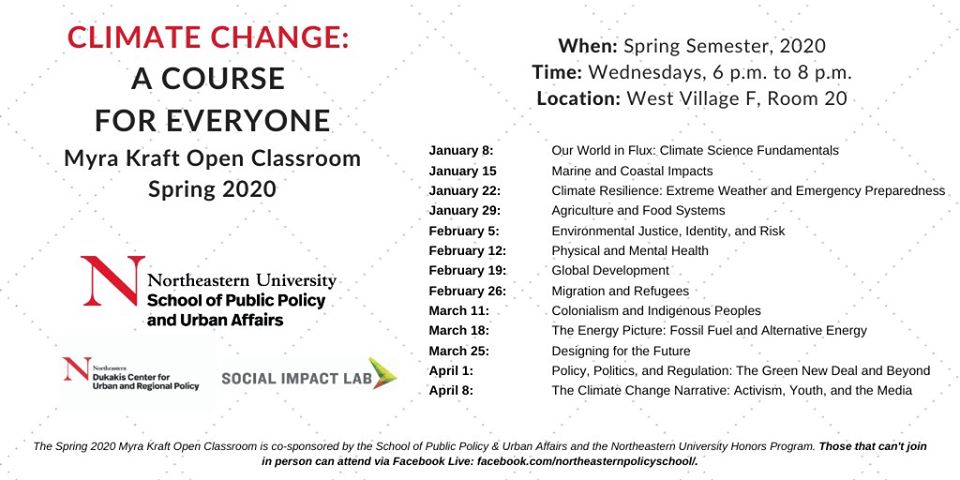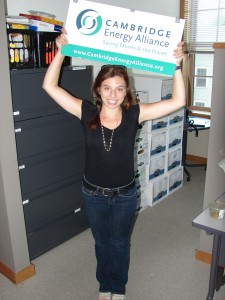
This is a busy week for the Earth. One year ago today, the BP Deepwater Horizon spill took place, killing 11 rig workers while leaving a massive wake of environmental and social devastation, impacts of which are still being felt today. What have we learned one year after such a monumental tragedy? Friday, April 22nd, marks the 41st anniversary of Earth Day and I’m honestly not certain how much we’ve learned. BP’s profits are strong and plans to resume deepwater drilling in the Gulf continue while many in Congress adamantly deny climate change even exists. In fact, just last week, the US Senate and House of Representatives stood at a near stand-still over budget cuts to public programs, like the EPA.
Still, all hope might not be lost for the Earth. A group of 10,000 inspired youth activists who believe positive change is still possible, descended on Washington, DC last weekend for three days of lobbying, speakers and events organized by Powershift 2011. Armed with outreach, outrage and a passion for a cleaner, healthier world, social and environmental activists from all parts of the US united to demonstrate the power of peaceful action. Bill McKibben, Tim DeChristopher and the EPA’s Lisa Jackson were among the keynote speakers. The rally did not receive mounting national press, yet the message was clear: the Earth needs our help. Fracking, tar sands and increased oil and natural gas exploration are just a few of the dangerous, and dirty, growing energy sources in the US and beyond. Given the rate that climate change is occurring and given that tar sands release two to four times the amount of CO2 into the atmosphere as conventional oil production, this is a dire environmental situation that needs immediate attention not just by our legislators, but more importantly, by the public.
That’s where you come in. The Cambridge Energy Alliance, like many prominent environmental groups, advocates for energy efficiency and simple behavior changes. Go to cambridgeenergyalliance.org to learn more about what you can do today. With just a little bit of effort, we can all make a big impact. So, as Earth Day 2011 approaches, reflect on how you want to celebrate – no effort is too little, especially now.





 On
On 


 As world leaders gathered in Copenhagen,
As world leaders gathered in Copenhagen,